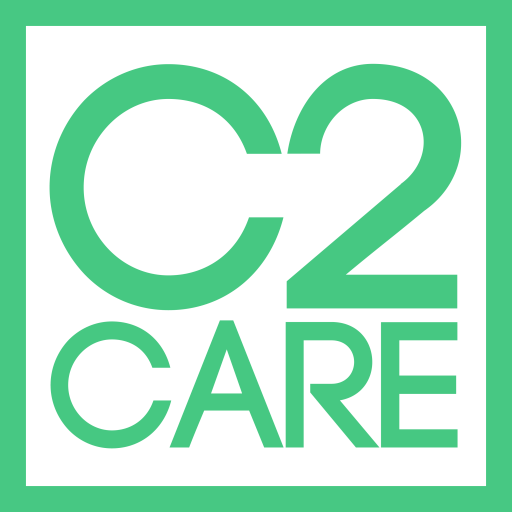
Health education
C2Care gives an immersive solution in virtual reality thought and realized with training and medical teams. Made for caregivers, the goals of these programs is to maximize the skill transfer acquired on aggressivity and pain management.
Being immersed in virtual reality situations brings formated people in realistic situations to optimize skills acquisition. This skill anchoring guarantees the trainers’ expertise. Indeed, learners, with feedback and recommendations are made during debriefings.

Anger management
Read more

Taking care of pain
Read more

Autism spectrum disorder
In this environment, you will be invited to take the place of an autistic child and apprehend the different disturbing elements as he perceives them.

Addictive disorders
This topic is intended to raise awareness of the consequences of the abuse of addictive products.

Seniors
In this environment of awareness of spatial-temporal disorientation in the senior population, you will participate in the management of disoriented individuals.

Need a demonstration? Make an appointment on our online calendar:
our training partners


FAQ
Who has access to these formations ?
Formations are offered to healthcare professionals, mostly the ones who have regular contact with patients, and also the one on the care’s front line
Indeed, professionals with a lack of key-skills are regularly confronted with these kinds of problematic situations. Managing aggressivity has a double goal : protecting caregivers from negative physical and mental consequences and giving them the necessary need to deactivate aggressivity.
Appreciating, evaluating and pain managing tend to reinforce human dynamics in health institutions. The training are made for concerned professionals to give a medical optimized support.
How long does the training last ?
Each formation lasts a day.
Why using virtual reality for training ?
Virtual reality is a ludic and immersing way to train professionals. Indeed, the program makes professionals work on the theoretical learning approach but also mainly on the practical approach. This is why being in situations is the key to success. However, during formation, a lack of engagement is noticeable during role games, because it seems too fake.
Virtual reality immerses learners in realistic scenarios. They take advantage of the virtual reality technological benefits : being immersed in a reproduced environment which activates similar emotional reactions to the ones felt in real life. Therefore, being immersed is an essential key to skill transfer.
What is the formation process ?
Formations are under a trainer’s direction with a significant clinical and learning experience. The process is made to optimize the training learning potential and to have the best process automation. First of all, there is a theoretical part, followed by exposure situations. Exposures are made to apply theoretical lessons.
Moreover, constructive feedbacks are going to be given to the learner by the trainer, to understand better what attitudes the learner needs to undo, or, in contrast, to reinforce.
The formation is made for a group to encourage discussions and sharings.
Is there a minimum mandatory experience years to be able to attend training sessions ?
There is no need to have any specific diploma or a minimum years of practice to attend one of these training sessions. Every person who’d like to reinforce their skills on anger or pain management is welcome.
What is given at the end of the training sessions ?
At the end of the session, a training’s attestation is given to attest the skills’ acquisition.
